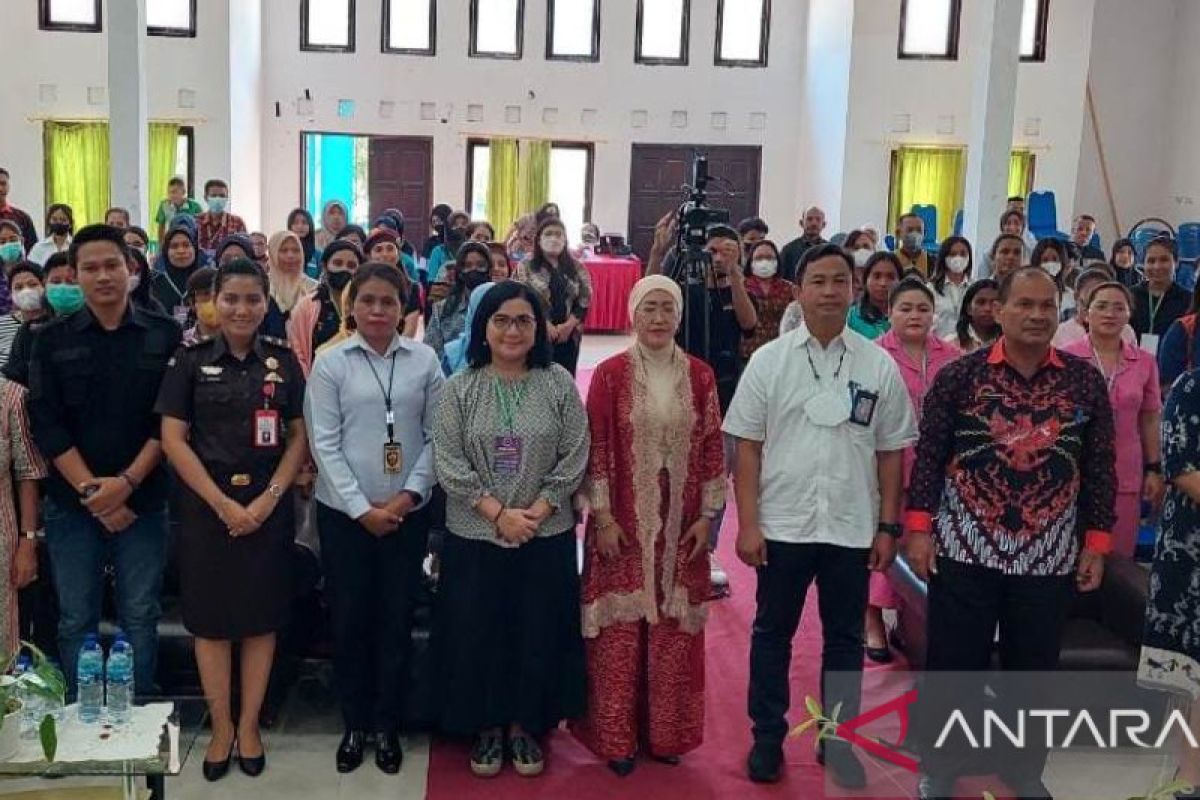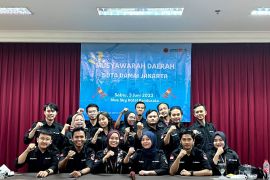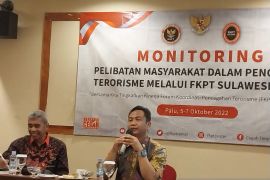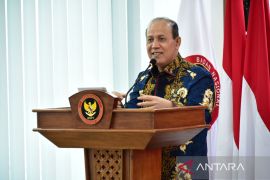Head of Supervision Sub-Directorate at the BNPT Edy Cahyanto noted here on Friday that mothers could function as dialogue partners for their children.
"Not only that, but a wife can also become a partner in discussions with her husband on various aspects," Cahyanto remarked at the Top Women Promote Peace seminar held by the BNPT-East Nusa Tenggara office here.
Apart from families, women also play a vital role in preventing the general public from being influenced by radical beliefs, he added.
Cahyanto pointed out that families are vulnerable to radical beliefs. Hence, women, especially mothers, should function as the filters or detectors.
He stated that children were commonly vulnerable to radicalism, so it was the duty of parents to prevent it.
"Women, as mothers, have a stronger emotional connection with their children. To this end, the key to building the character and identity of children relies significantly on the role of women (mothers)," he explained.
Head of the Women's Empowerment and Child Protection Office of East Nusa Tenggara Lien Andriany assessed that women are also vulnerable to being exposed to terrorism and radical beliefs.
"Women, apart from becoming victims, (can) also become perpetrators of terrorism," she remarked.
She further noted that adult women were the biggest users of social media. Meanwhile, there are several aspects related to radical beliefs on social media.
Related news: BNPT optimizes public involvement in radicalism, terrorism prevention
Hence, if social media is not used wisely, then those beliefs can become ingrained in the mindset of mothers.
Andriany reminded that if mothers are exposed to radical beliefs, then their families would slowly become influenced by those views.
Earlier, Director of Prevention of the BNPT R. Ahmad Nurwakhid stated that generation Z and millennials are still vulnerable to exposure to radical beliefs.
He noted that Indonesia's radicalism potential index in 2019 stood at 38.4 percent and declined to 12.2 percent in 2020.
From the index, members of the Generation Z, in the age bracket of 14 to 19 years, and millennials, aged 20-39 years, dominated by more than 50 percent.
"Most of those generation z and millennials are women," he added.
Related news: BNPT reemphasizes pledge to meeting rights of victims of terrorism
Translator: Kornelis Kaha, Raka Adji
Editor: Rahmad Nasution
Copyright © ANTARA 2022









